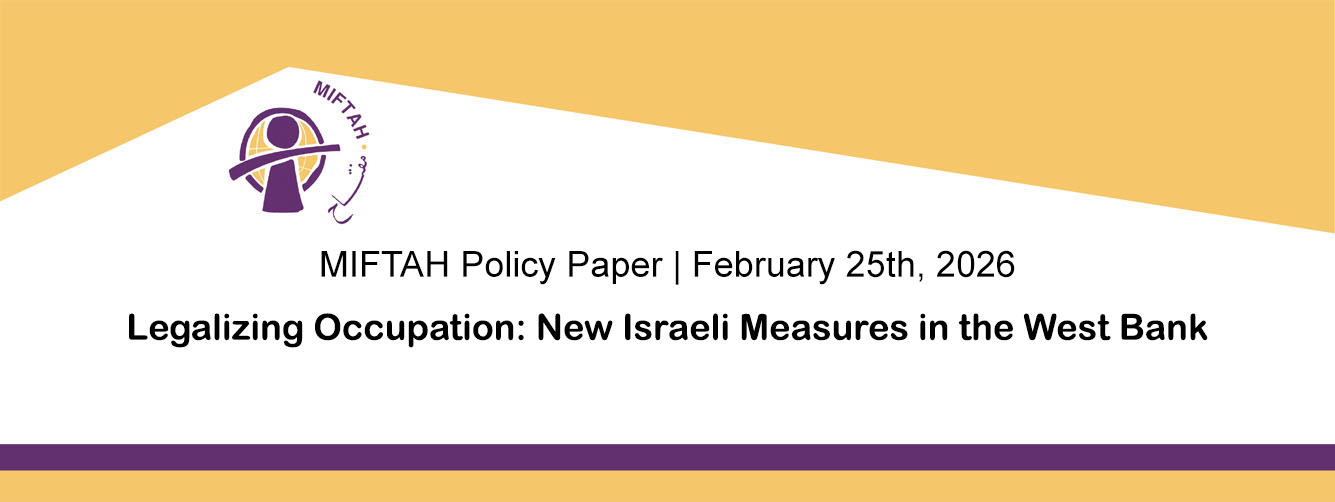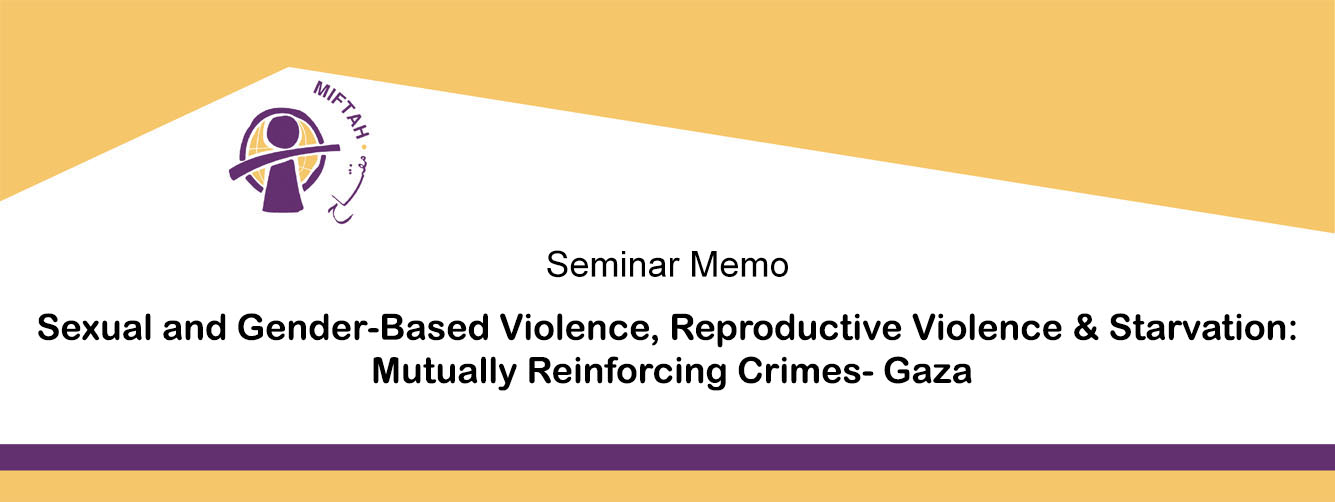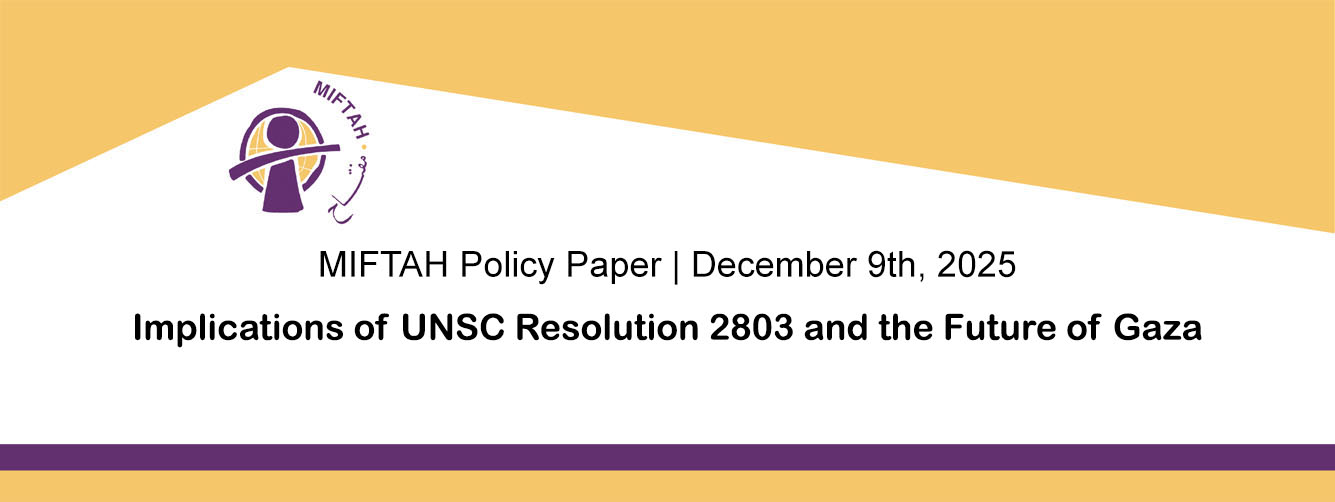Press Freedom Violations in Israel and Occupied Palestinian Areas
September 28, 2000 - May 20, 2003
To view the Statistical Overview (PDF 300KB)
Summary of Events 2000 (PDF 280KB)
Summary of Events 2001 (PDF 116KB)
Summary of Events 2002 (PDF 344KB)
Introduction:
Since the beginning of the violent crisis in Israel and the Occupied Palestinian Territories on September 28, 2000, journalists have featured heavily among the victims. They have repeatedly been targeted, shot, beaten, arrested, threatened and intimidated by Israeli soldiers, police, politicians, settlers and civilians, as well as by Palestinian police, politicians and civilians.
The political climate throughout the Palestinian territories and Israel remains explosive. The violent and bloody clashes, which began 33 months ago, have already left nearly 3000 people dead, around 75% of whom were Palestinian. On an average, three people are killed every day. The number of people wounded in the fighting is estimated at well over 20,000.
The summary of incidents involving press freedom violations in the Appendix displays some chilling patterns. Out of a total of 310 incidents there were ten journalist deaths. Journalists and media workers have been injured by live ammunition, shrapnel or rubber coated bullets, and were harassed and physically assaulted in other ways. 126 violations involved shootings, almost all of them perpetrated by Israeli troops. Many Palestinian broadcasting stations were effectively censored due to shutdown by order of authorities or because of missile or bombing attacks. Journalists have been jailed for several months by the Israelis without even being charged with an offence. All Palestinian journalists were denied Israeli press cards and thus severely obstructed in carrying out their professions.
At least 240 press freedom violations were carried out by Israeli authorities. 17 violations were committed by Israeli settlers and civilians. One was perpetrated jointly by soldiers and settlers. Thus, at least 82.9 per cent of all violations were perpetrated by Israelis. Another 24 violations were carried out by Palestinian authorities, 8 by Palestinian paramilitaries, and 7 by Palestinian civilians. This makes Palestinians responsible for 12.5 per cent of the overall number of abuses of press freedom. The overwhelming majority of victimised journalists are of Palestinian origin. Eight of the journalists who were killed so far were Palestinian, one was Italian, and one was British. Eight were killed by Israelis, one by Palestinian paramilitaries and the tenth killing is disputed. It is unclear whether this journalist was killed by Israelis, Palestinian or as a result of an accident. Of the 4.5 per cent of the incidents whose perpetrators are unknown, it remains very likely that the initiative lay with the Israeli army in most of the incidents.
On December 17, 2001, the Israeli Defence Forces (IDF) released their first and so far only published report on shootings of journalists by IDF soldiers during the ongoing Intifada (Palestinian uprising). While press freedom groups such as the Committee to Protect Journalists (CPJ), Reporters sans Frontieres (RSF), the International Press Institute (IPI) and others welcomed the existence of IDF investigations into the press freedom violations committed by its forces, all press freedom groups also voiced serious misgivings about the report’s scope and conclusions. Only a single soldier was found guilty of shooting a journalist, namely Yola Monakhov, a non-Palestinian Associated Press (AP) reporter, and the soldier was not punished or disciplined in any way, although Monakhov was unarmed in a place where there were no ongoing confrontations at the time. Only the soldier’s commanding officer was reprimanded. The report only found seven cases worth investigating, although CPJ, RSF and IPI had made plenty of documentation available to the IDF for further investigations. RSF had a tally of 45 carefully described shootings up to that point. None of the seven cases investigated by the IDF concerned shootings of Palestinian journalists. Since then, however, at least one investigation has reportedly been launched concerning the killing of a Palestinian journalist by Israeli soldiers.
In an interview published by Reuters on July 6 2001,Yehudith Orbach, head of the journalism and communications department at Bar-Ilan University, said Palestinians and Israelis fully understood the importance of the image. "In war...television is a battlefield," Orbach said to Reuters. "The picture is worth more than 1,000 words... The fact that it is a cliché does not mean that it is any less true". Palestinian spokeswoman Hanan Ashrawi told Reuters Israel knew the importance of the media, and she quoted Israeli Prime Minister Ariel Sharon as saying that winning the struggle was 80-90 percent dependent on the media’s effectiveness.
A press release by RSF on October 22, 2000, reported that "...in this conflict, both sides realise how crucial film and photos are in the contest for the support of international opinion." CPJ also acknowledges the media’s power in shaping international perception of the current crisis, stating in their special report, "Bloodied and Beleaguered" (October 25, 2000) that "... the two sides are also fighting a media battle in which words and images are weapons of war. For this reason, both sides have abused journalists in order to influence public perceptions of the conflict."
Some members of the press have been caught in the middle of the clashes, where they were harassed, arrested, beaten or shot. Many have been denied freedom of movement and in some cases media facilities have been targeted, such as radio and television stations in the Occupied Palestinian Territories.






